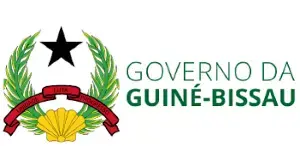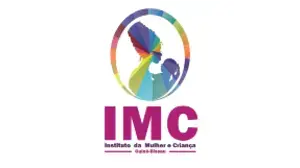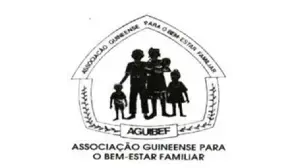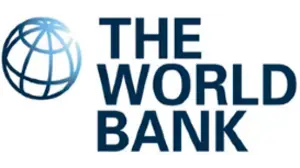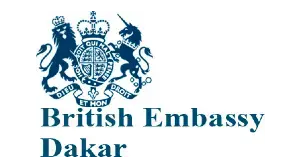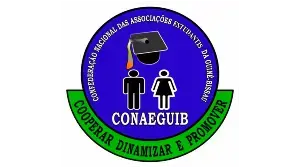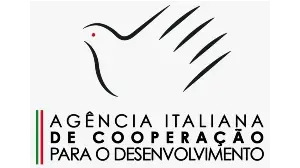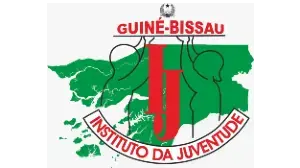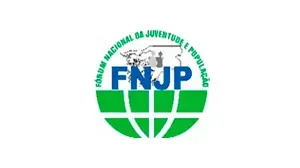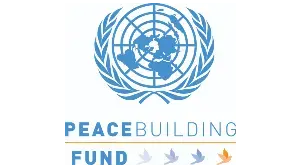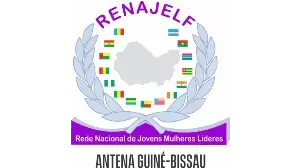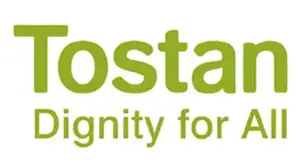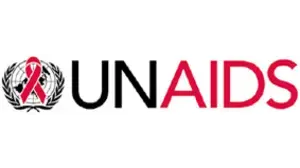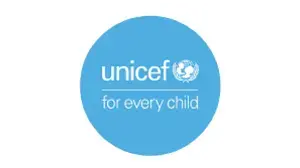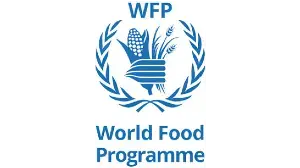Improving maternal health continues to be a priority of the Government of Guinea-Bissau and one of key commitments made at the ICPD@25 Nairobi Summit. UNFPA continues to support the Government of Guinea-Bissau to strengthen the national health system and One of the key interventions supported during the year was the review and update of the 2019-2024 Integrated Strategic Plan for Maternal, Newborn, Child and Adolescent Health (RMNCAH) and development of the new Integrated Strategic Plan for Maternal, Newborn, Child and Adolescent Health (RMNCAH) 2025-2030, with a view to capitalizing on technical and financial assistance for implementation.
UNFPA is investing in several key areas to strengthen the national health system, by providing training and support for midwives and nurses, ensuring essential medicines and supplies are available, and strengthening the healthcare supply chain to reach even the most remote communities. UNFPA is also working to improve the policy environment for reproductive health, advocating for strong strategies and legal frameworks.
Guinea-Bissau Annual Report 2024
Guinea-Bissau Annual Report 2024
Message From the Representative
It is with immense pride that I present the UNFPA Guinea-Bissau 2024 Annual Report, a testament to our collective resilience, innovation, and unwavering commitment to advancing sexual and reproductive health and rights (SRHR) and gender equality. Despite the complex socio-political landscape and lingering effects of the global situation, UNFPA, in collaboration with the government, civil society partners, and the communities we serve, has made significant strides towards a brighter future for the people of Guinea-Bissau.
This year, our efforts were guided by the transformative vision of the UNFPA Strategic Plan, national development priorities, and the crucial upcoming 2025 Population and Housing Census. We focused on strengthening health systems, expanding access to quality maternal health services, empowering women and girls, addressing gender-based violence, and ensuring the 2025 census is a resounding success.
Zalha Assoumana, UNFPA Representative in Guinea-Bissau
Advancing Gender Equality
In the pursuit of a just and equitable society, advancing gender equality remains a cornerstone of development efforts in Guinea-Bissau. From tackling deeply ingrained practices like Female Genital Mutilation (FGM) to empowering young women and strengthening community commitments to human rights, significant strides are being made. This section highlights key achievements and ongoing initiatives that are paving the way for a future where women and girls can thrive free from violence, inequality, and harmful traditions.
Empowering young people to attain their full potential
Young people hold the key to shaping a brighter and more inclusive future, yet unlocking their full potential requires strategic investments in education, health, and leadership. Through impactful initiatives, UNFPA has been at the forefront of creating opportunities for youth to thrive. From youth summer camps promoting peacebuilding and inclusive societies to cutting-edge resource centers fostering digital literacy, these efforts are not just interventions—they are pathways to empowerment, innovation, and long-term community transformation.
Harnessing Data for Development
UNFPA is spearheading the 5th Population and Housing Census in Guinea-Bissau. With the crucial preparatory phase now complete, the nation is poised to embark on the enumeration process in 2025. This milestone follows the successful completion of digital cartography, tabulation and analysis plans, and finalized questionnaires, all achieved with UNFPA's steadfast technical and financial support.
Through the Project for the Harmonisation and Improvement of Statistics in West and Central Africa, and with funding from the World Bank, UNFPA collaborated with the National Institute of Statistics (INE) to strengthen its technical and institutional capacities. This included recruiting three expert consultants – a Senior Technical Advisor, a Cartographer, and a CAPI Specialist – who worked closely with INE's technical directorate. Together, they defined methodologies, established timetables, developed training manuals, and provided comprehensive training to ICT agents, cartographers, survey agents, and field team leaders.
This collaborative effort ensured the technical quality of the pre-tests and the cartography and enumeration stages, laying a strong foundation for a successful census.
The national census team, now fully equipped and trained, stands ready to conduct the enumeration. UNFPA remains committed to diligently monitoring this critical final phase, advocating for its successful completion in 2025 to ensure a comprehensive and accurate population count for Guinea-Bissau.
Download full report
Donors and partners
